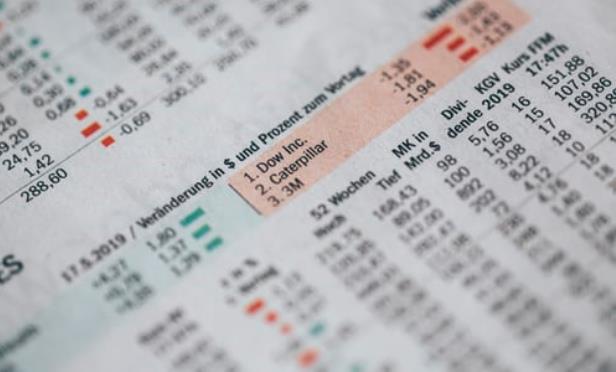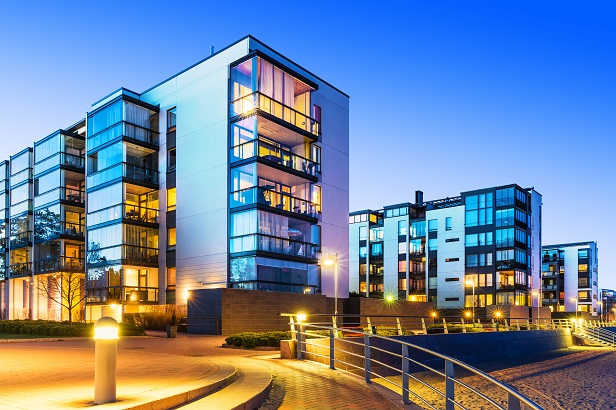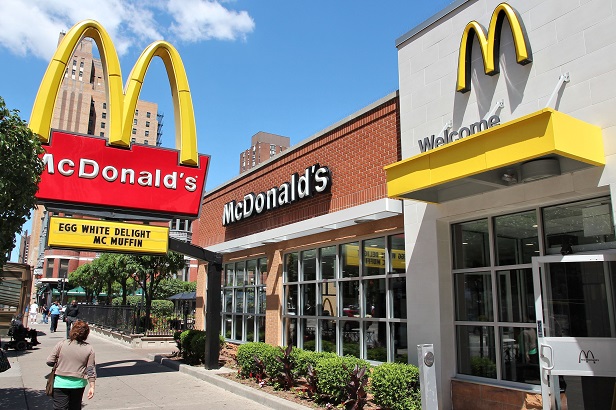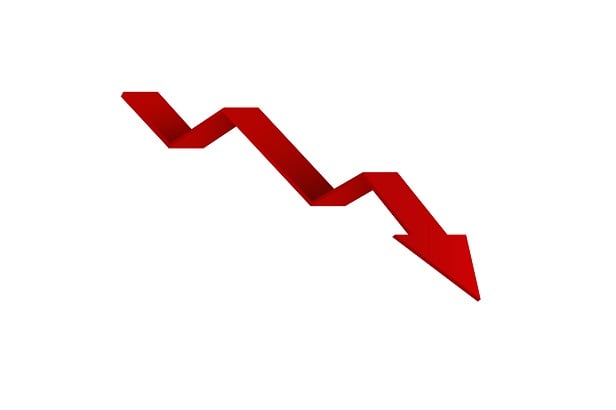 The average 30-year fixed-rate loan hit a record 3.29% last week, the lowest level in 50 years (credit: Markus Spiske).
The average 30-year fixed-rate loan hit a record 3.29% last week, the lowest level in 50 years (credit: Markus Spiske).
AUSTIN, TX—As of late, COVID-19 or the coronavirus is resulting in human, social and economic impacts. However, historically, reduced population mobility during pandemics has had a greater economic impact than the illness itself, according to a report by Avison Young.
Economic activity is highly globalized in nature. Disruptions in business activity will have a ripple effect that will slow economic growth in the short term, but a degree of bounce back is likely, albeit unevenly distributed.
Commercial real estate will see secondary impacts from reduced economic activity and temporary wait-and-see disruptions as elevated uncertainty and risk will cause some businesses to delay investment or expansion plans, Avison Young indicates.
However, demand for real estate investments remains high, with multiple sources of capital active in the market. The scope of any market impacts will depend on how the disease evolves, but cross-border investment in particular is likely to slow in the short term.
Longer term, the changes that businesses and individuals will implement during the crisis will accelerate some trends already evident in the market, including de-globalization of supply chains and a shift towards online retail and flexible working practices in the service sector, says the AY report.
Because mortgage rates have hit an all-time low due to the coronavirus, Shravan Parsi, CEO and founder of American Ventures, says this is a boon for investors and renters alike.
"It's a win-win-win for the housing market, for tenants and for investors," says Parsi. "For investors, it's a positive thing because our return on investment will improve. It's great for tenants as well because we can budget more toward property improvements, renovations and added amenities."
The average 30-year fixed-rate mortgage hit a record 3.29% last week, the lowest level in its nearly 50-year history, according to Freddie Mac. Meanwhile, mortgage applications increased 10% at the end of February from one year ago and show no signs of slowing down. Given these strong indicators in rates and sales as well as recent increases in new construction, it's clear the housing market continues to be a positive force for the broader economy, says Freddie Mac.
"By taking advantage of Fannie Mae and Freddie Mac loans, we have options to get fixed rate for five, seven, 10 and 12 years," Parsi tells GlobeSt.com. "This gives us flexibility to improve the business for short-term, mid-term and long-term projects. We typically hold on to these assets for five to seven years."







